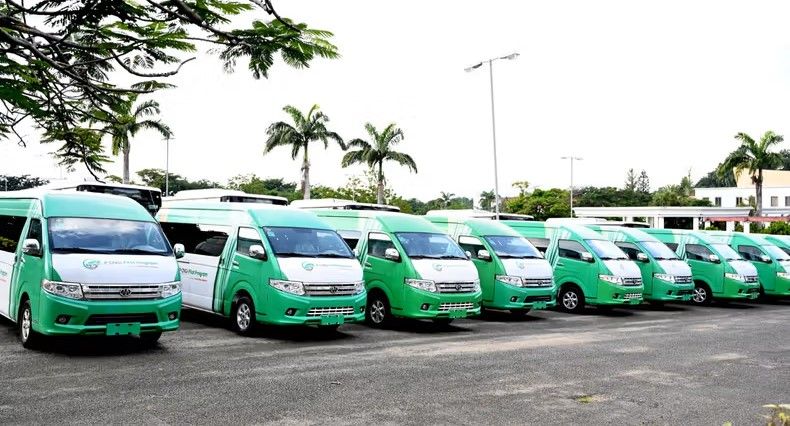The Independent Petroleum Marketers Association of Nigeria (IPMAN) has appealed to the Federal Government for financial and technical assistance to convert existing petrol stations into Compressed Natural Gas (CNG) refuelling centres, citing high costs and regulatory hurdles.
Speaking at a sensitisation workshop in Lagos, IPMAN’s National President, Abubakar Maigandi, represented by Mr. Dele Tajudin, said while the Presidential Compressed Natural Gas Initiative (PCNGI) shows great promise, many independent marketers are unable to meet the capital and structural requirements without government intervention.
“Installing a CNG facility isn’t a plug-and-play situation,” Maigandi said. “It requires structural redesign, regulatory clearance, and significant funding. Without support, most marketers can’t make the transition.”
Maigandi also highlighted that most existing stations were originally designed for petrol and diesel, and the absence of appropriate infrastructure is already leading to long queues and limited CNG access for motorists. He added that independent marketers—who dominate the retail space, especially in rural and semi-urban areas—are in a strong position to drive the transition if adequately supported.
The plea comes as the Federal Government revealed that over 100,000 vehicles have been converted from petrol to CNG in the past year—up from fewer than 4,000 before the launch of the initiative. This significant increase is part of President Bola Tinubu’s broader effort to ease post-subsidy hardship and shift toward cleaner, domestic energy sources.
Michael Oluwagbemi, Programme Director and CEO of the PCNGI, said the government has invested heavily in the sector, with private players like Dangote Group contributing $280 million out of a total $1 billion invested to date. Other stakeholders include Arita LNG, Femadec, Greenview, and Greenville.
He noted the number of CNG conversion centres has grown from just seven to 265, while 60 CNG refuelling stations are currently operational, with 175 more under development. “We plan to commission 100 new stations in the next three months,” Oluwagbemi stated.
Addressing safety concerns, he explained that CNG is significantly less explosive than petrol or diesel and that most explosion reports linked to fuel have involved petrol-powered vehicles, not CNG.
Oluwagbemi said the government’s long-term goal is to reduce transportation and food costs while increasing household income. “We’re already seeing the impact. In some parts of Lagos, the price of meat has dropped because livestock is now transported using CNG-powered trucks,” he said.
Babatunde Karim, an official of the Road Transport Employers Association of Nigeria (RTEAN), echoed these benefits, saying CNG had cut fuel costs for drivers by up to 76%. However, he pointed out ongoing issues with gas pressure and supply at some stations, calling for immediate government intervention.
In response to critics questioning the pace of implementation, Oluwagbemi said, “Rome wasn’t built in a day. The same people who led us into a subsidy crisis cannot rush the solution. We need patience and collective commitment.”
The Federal Government is now eyeing 250,000 vehicle conversions in its next phase of the initiative, as part of a broader push toward clean energy and a sustainable transportation network.
Ask ChatGPT
